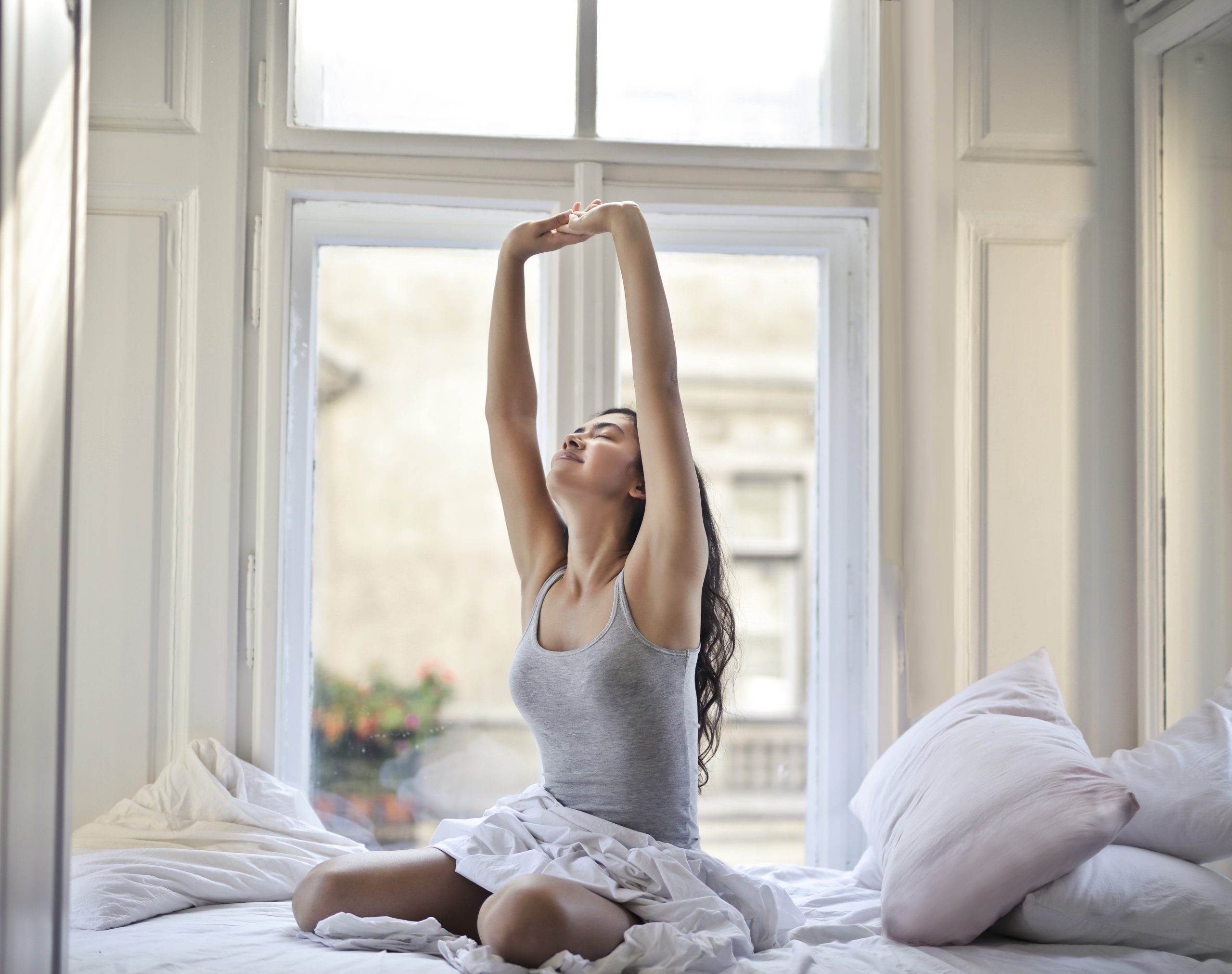Lifestyle
Exercise really can help you sleep better at night – here’s why that may be

Even just one workout can improve your sleep. (File Photo: bruce mars/Unsplash)
Many people struggle to get enough good quality sleep. Not only does this leave us feeling tired the next day, but over the long term poor sleep can actually have a negative effect on other aspects of our health and wellbeing. There’s no shortage of things people are told they can do to get a better night’s sleep – from taking a hot bath in the evening to ditching their phone a couple of hours before bed.
But one of the most common pieces of advice for people struggling to get a good night’s sleep is to exercise regularly. And according to research, this is actually pretty good advice.
For example, a meta-analysis from 2015 which looked at all the current research on sleep quality, duration and exercise, showed that both short-term and regular exercise (a few sessions a week) can lead to better sleep. This means that even a single bout of exercise may be enough to improve sleep quality and duration.
Research also shows us which types of exercise can help improve sleep. Regular aerobic exercise, for instance, has been shown to help people fall asleep quicker, wake up less during the night and feel more rested the following morning. This was true for many different types of aerobic exercise, such as cycling, running, and even brisk walking.
Even just a single, 30-minute session of aerobic exercise can improve multiple aspects of sleep – although not to the same extent as regular aerobic exercise. But, it was still shown to improve sleep duration, decrease the time it takes to fall asleep and increase sleep efficiency (the percentage of time in bed that’s actually spent asleep). A higher sleep efficiency indicates better sleep quality.
Research on resistance exercise (such as weightlifting) and its effect on sleep is more limited. But from the small number of studies that have been conducted, it appears resistance exercise may also be able to improve sleep.
Studies have found that people who do resistance exercise regularly (around three sessions per week) have better subjective sleep quality. Even just thinking you have good quality sleep can affect how well you perform throughout the day.
Regular resistance training may also help people with insomnia to fall asleep quicker and increase their sleep efficiency. However, there’s still very little research in this area so we need to be cautious about making any conclusions.
The good news is that the benefits of exercise for sleep seem to work for everyone, regardless of your age or whether you have certain sleep disorders (such as insomnia or sleep apnoea).
The influence of exercise
While the research is clear that exercise can improve our sleep, scientists still aren’t entirely sure exactly how it does this – though they do have a few theories.
Our body’s sleep-wake cycle follows an approximately 24-hour period, which is controlled by an internal body “clock”. As part of this cycle, a hormone called melatonin is released in the evening, which helps us feel tired. Exercise during the day can lead to an earlier release of melatonin in the evening, which may be why people who exercise fall asleep quicker.
Exercise also raises our core body temperature. But when we finish a workout, our core body temperature begins to return back to normal. A drop in core body temperature can also help us fall asleep. This may explain why evening exercise can actually help some people sleep better that night – contrary to popular belief.
Exercise might also lead to better sleep because of its positive effects on mood and mental health, both of which can be associated with sleep quality. During exercise, the body releases chemicals known as endorphins, which improve mood. Regular exercise can also reduce symptoms of anxiety and depression. The positive effect of exercise on both mood and mental health may therefore help people get to sleep more easily.
Although more research still needs to be done to work out exactly why different types of exercise affect many different aspects of our sleep, it’s clear that exercise can be beneficial for sleep. Just 30-60 minutes of exercise daily may help you fall asleep faster, stay asleep during the night and wake up feeling more rested the next morning.
While just one workout can improve your sleep, working out regularly is likely to provide ever greater improvements to your sleep. Since so many types of exercise are linked with improving sleep, all you need to do is choose a workout you enjoy – whether that’s running, swimming, lifting weights or even just going for a brisk walk.![]()
Emma Sweeney, Lecturer in Exercise, Nutrition, and Health, Nottingham Trent University
This article is republished from The Conversation under a Creative Commons license. Read the original article.





















